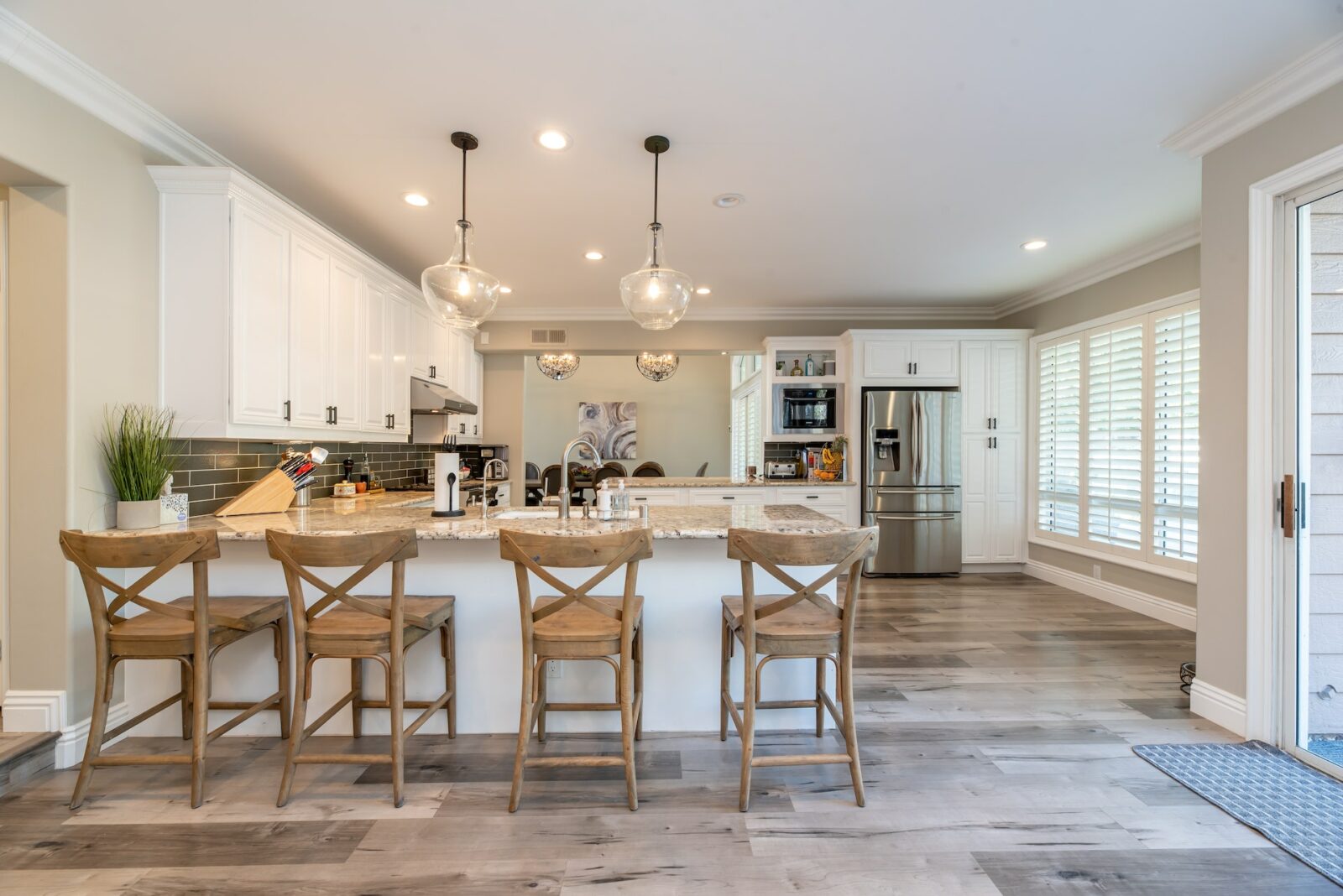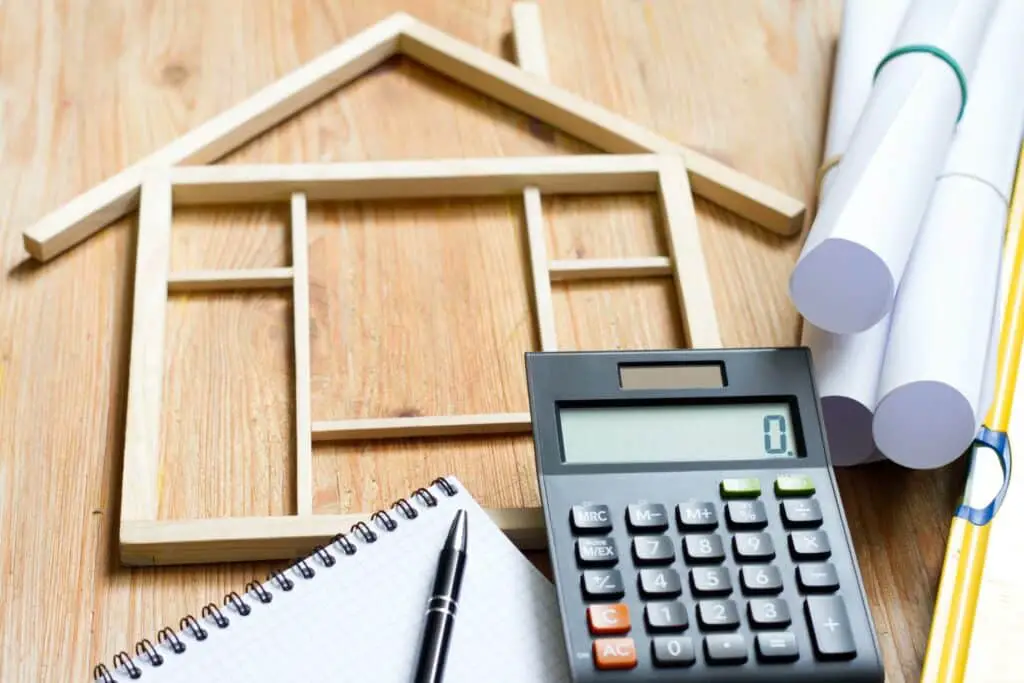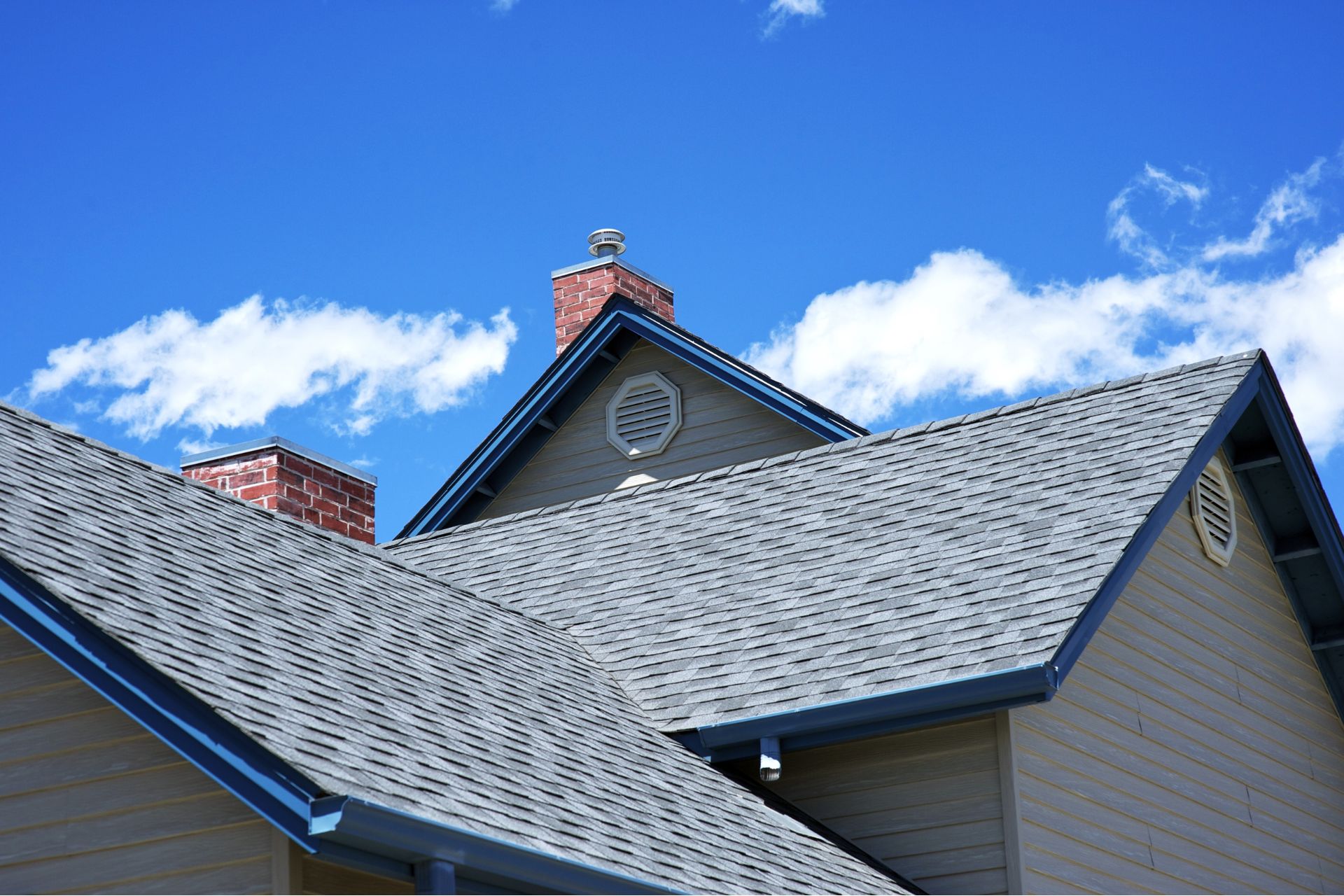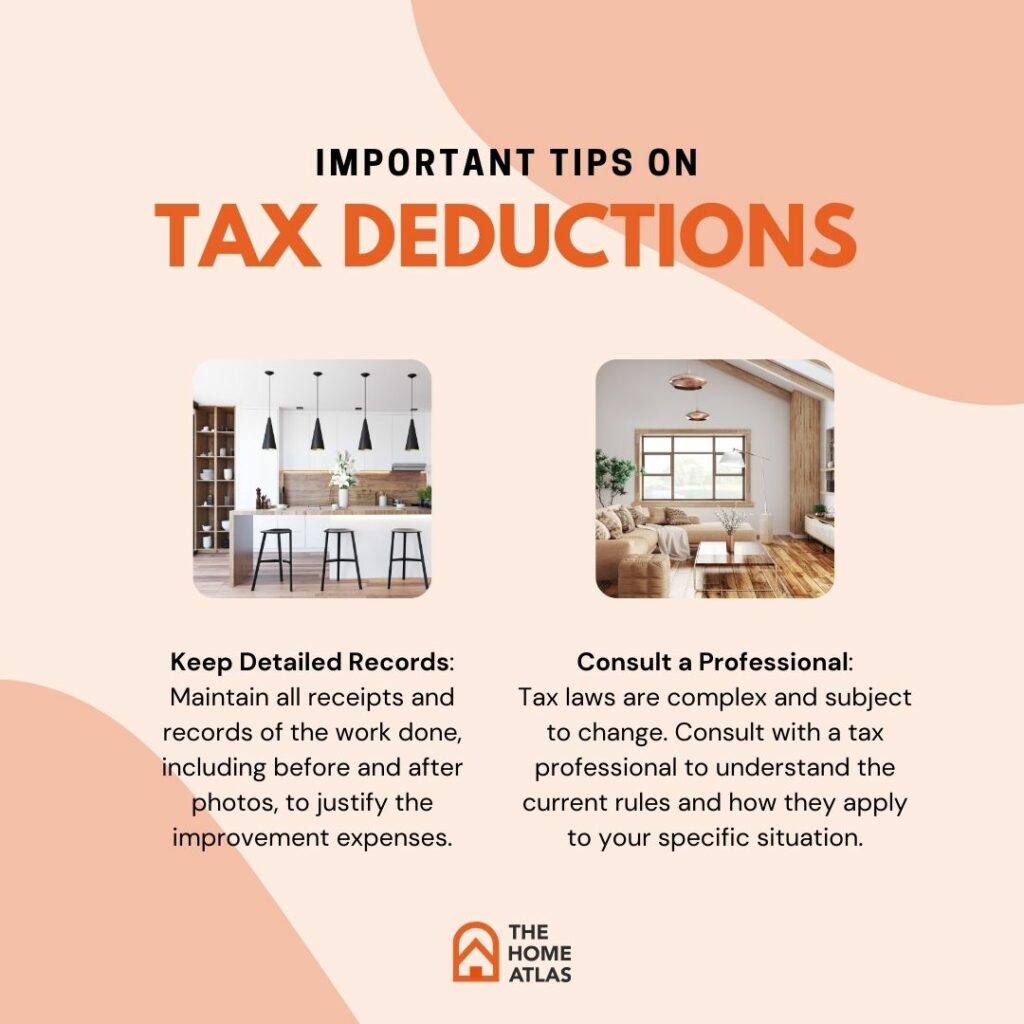When contemplating enhancements to your residence, a common question arises: “Are home improvements tax deductible?” The answer, succinctly, is “Yes,” albeit within very specific and narrow parameters. Generally, the U.S. tax code does not allow deductions for home improvements.
While some home improvement expenses are tax deductible, most are not. In this article, we’ll take a look at what qualifies as a tax-deductible home improvement and how to claim these deductions on your tax return.
In this video, TurboTax Consultant Richard explains what home repairs are tax deductible:
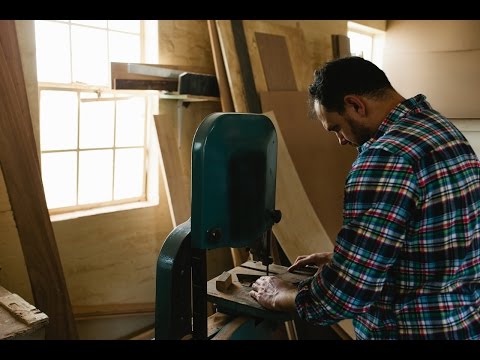
What Qualifies as a Tax Deductible Home Improvement?
A crucial requirement for a home improvement to be considered tax-deductible is its association with a “qualified home,” encompassing your main residence or a second home you own. Importantly, rental properties, vacation homes, or any non-primary residence do not qualify.
The distinction between a non-deductible personal enhancement and a deductible home improvement hinges on whether the improvement serves the homeowner personally or benefits the property.
For instance, personal amenities like a backyard patio or a kitchen renovation do not qualify for deductions. Conversely, improvements like solar panel installations may be deductible, as they contribute to the property’s maintenance, enhancement, and value beyond mere personal enjoyment.
Eligible Home Improvements for Tax Deduction
Energy-Efficient Upgrades
Investments in energy-efficient windows, doors, insulation, or HVAC systems might be deductible, given their potential to decrease energy costs and elevate a home’s market value.
Safety and Security Enhancements
Costs for installing home security systems, smoke detectors, or fire sprinklers can qualify as deductible expenses, aligning with property improvement objectives.
Structural Modifications
Expenses for structural amendments, such as roof replacements, foundation repairs, or room additions, may be deductible, as they contribute to the home’s structural integrity and value.
Medical-Related Improvements
Home modifications for medical purposes, recommended by a healthcare professional, such as installing wheelchair ramps or walk-in tubs, may be deductible if necessary for medical care.
Here are some home changes for medical needs that you can deduct from your taxes:
- Adding ramps to get in or out.
- Making doorways wider.
- Making hallways and doors inside wider or different.
- Putting in handrails or bars in bathrooms for support.
- Lowering cabinets in the kitchen.
- Moving where plugs and lights are.
- Putting in lifts on porches or other kinds of lifts.
- Making changes to fire alarms and smoke detectors.
- Changing stairs.
- Putting in handrails or bars to hold onto.
- Changing door knobs or locks.
- Changing the slope of the land to make getting to the house easier.
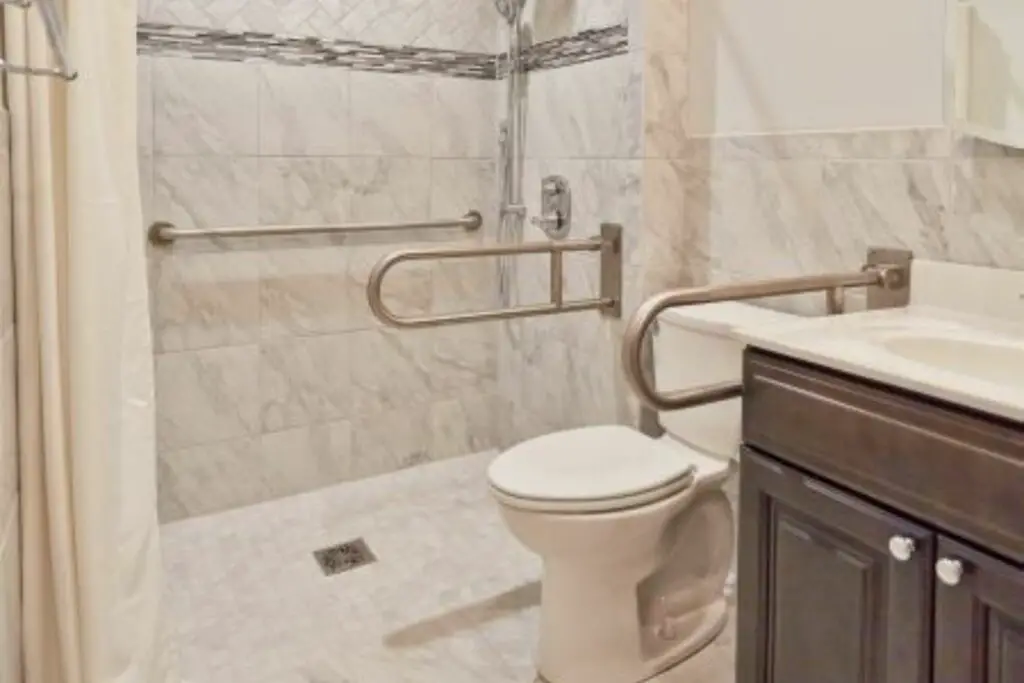
Kitchen Remodel
- Improvement vs. Repair: The IRS distinguishes between improvements and repairs. An improvement adds to the value of your home, prolongs its useful life, or adapts it to new uses, which can affect tax deductions. A kitchen remodel typically qualifies as an improvement.
- Home Sale Profit Exclusion: If you remodel your kitchen and it contributes to a profit on the sale of your primary residence, you may exclude up to $250,000 of this profit from your taxable income if single, or $500,000 if married filing jointly. The remodel cost can be added to the home’s cost basis, potentially reducing the taxable capital gain.
- Energy-Efficient Upgrades: Installing energy-efficient appliances or systems as part of the remodel may qualify you for specific tax credits, such as the Residential Energy Efficient Property Credit. This can include energy-efficient windows, heating and cooling systems, and certain renewable energy installations like solar panels.
The underlying principle is that deductible home improvements must aim to maintain or enhance the property, not solely for personal gratification. Improvements that don’t meet these criteria or fail to add property value are not deductible, even if they augment the home’s market value.
How to Claim Home Improvement Tax Deductions
Itemized Deductions
Opting for itemized deductions allows you to include home improvement expenses under “miscellaneous itemized deductions” on Schedule A of your tax return. These deductions are subject to the “2% rule,” requiring that the aggregate of miscellaneous deductions exceed 2% of your adjusted gross income. Note, however, that the Tax Cuts and Jobs Act of 2017 has suspended miscellaneous itemized deductions through 2025.
Home Office Deduction
For homeowners using part of their residence as a home office, a portion of home improvement costs can be claimed as business expenses, provided the improvements are confined to the home office space. This deduction demands that the office space be used regularly and exclusively for business.
Related posts:
No related posts.
